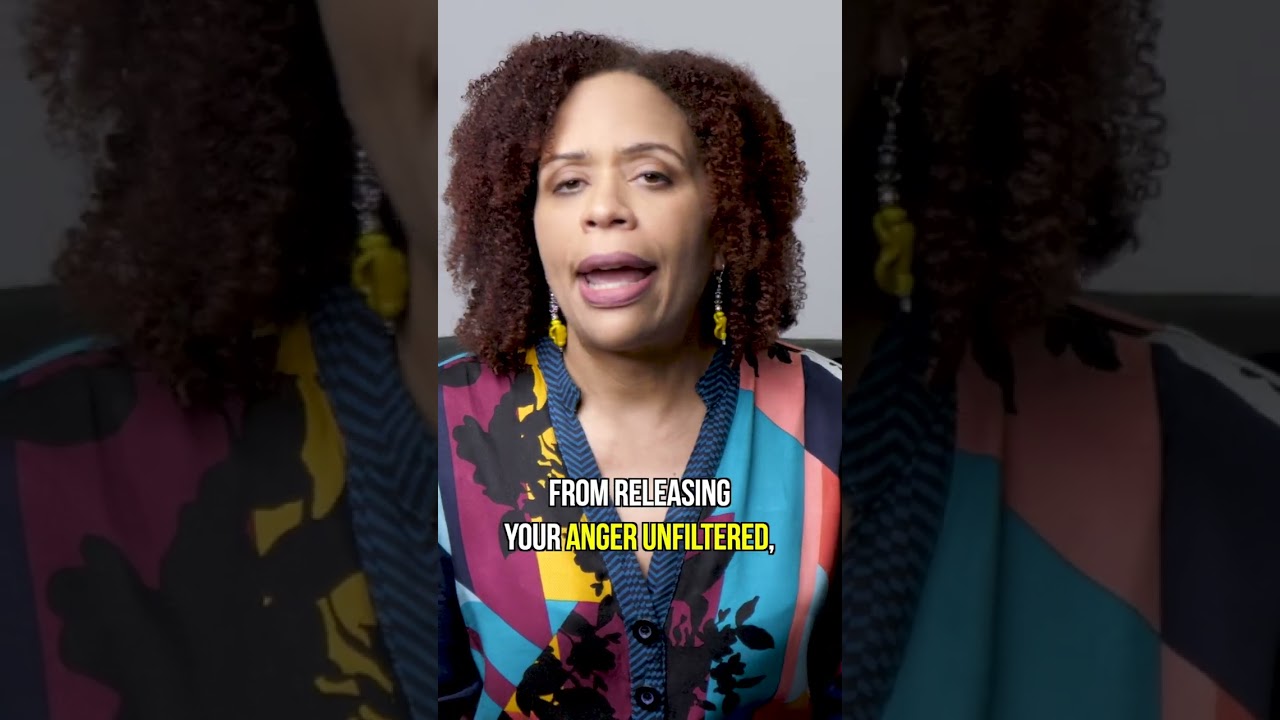Understanding the Nature of Conflict
Conflict is an inherent part of human interactions. It arises from differing opinions, values, or needs. For many individuals, the thought of facing conflict can be daunting. This fear often leads to the phrase, “I don’t like confrontation,” which encapsulates a desire to avoid direct conflict. However, avoiding confrontation does not mean one should ignore the underlying issues. Instead, developing effective coping mechanisms can lead to a more peaceful resolution.
The Importance of Coping Mechanisms
Coping mechanisms are strategies or techniques that individuals use to manage stress and navigate difficult situations. In the context of conflict, these mechanisms can help in maintaining emotional stability, facilitating communication, and ultimately fostering understanding between parties involved.
Types of Coping Mechanisms
Coping mechanisms can be broadly categorized into two types: problem-focused and emotion-focused strategies.
Problem-Focused Coping
Problem-focused coping involves actively addressing the source of the conflict. This can include:
- Identifying the issue: Clearly define what the conflict is about.
- Seeking solutions: Brainstorm potential solutions or compromises.
- Engaging in dialogue: Communicate openly with the other party to understand their perspective.
Emotion-Focused Coping
Emotion-focused coping, on the other hand, focuses on managing the emotional response to the conflict. This can involve:
- Practicing mindfulness: Stay present and aware of your emotions without judgment.
- Using relaxation techniques: Engage in deep breathing or meditation to reduce anxiety.
- Seeking support: Talk to friends or family to gain perspective and comfort.
Strategies for Peaceful Resolution
To effectively navigate conflict, individuals can adopt several strategies that promote peaceful resolution. These strategies can be employed regardless of whether you prefer to avoid confrontation or engage directly.
1. Active Listening
One of the most powerful tools in conflict resolution is active listening. This involves fully concentrating on what the other person is saying, rather than merely waiting for your turn to speak. Key components of active listening include:
- Paying attention: Show that you are engaged by maintaining eye contact and nodding.
- Reflecting back: Paraphrase what the other person has said to confirm understanding.
- Avoiding interruptions: Let the other person finish their thoughts before responding.
2. Empathy and Understanding
Empathy is crucial in resolving conflicts. It involves putting yourself in the other person’s shoes and understanding their feelings and motivations. To cultivate empathy, you can:
- Ask open-ended questions: Encourage the other person to express their thoughts and feelings.
- Acknowledge their feelings: Validate their emotions, even if you do not agree with their perspective.
- Share your feelings: Express your own emotions honestly to foster a sense of connection.
3. Finding Common Ground
In any conflict, identifying common ground can pave the way for resolution. This involves recognizing shared interests or goals. To find common ground, consider the following:
- Focus on shared values: Discuss what you both care about and seek alignment.
- Compromise: Be willing to make concessions to reach a mutually beneficial outcome.
- Collaborate: Work together to brainstorm solutions that satisfy both parties.
4. Setting Boundaries
While it’s important to engage in conflict resolution, it’s equally vital to establish boundaries. This ensures that discussions remain respectful and constructive. Setting boundaries can involve:
- Defining acceptable behavior: Communicate what you consider respectful communication.
- Taking breaks: If emotions run high, suggest a pause to cool off before resuming the conversation.
- Knowing when to walk away: If the conversation becomes unproductive, be prepared to disengage.
Dealing with Anxiety Related to Confrontation
For individuals who say, “I don’t like confrontation,” the mere thought of addressing conflict can trigger anxiety. Understanding this anxiety and developing strategies to cope with it is essential for peaceful resolution.
Recognizing Triggers
Identify specific situations or behaviors that trigger your discomfort with confrontation. This self-awareness can help you prepare for potential conflicts and approach them with a clearer mindset.
Reframing Thoughts
Change your perspective on confrontation. Instead of viewing it as a negative experience, consider it an opportunity for growth and understanding. This shift in mindset can reduce anxiety and promote a more constructive approach.
Gradual Exposure
Start by engaging in low-stakes conversations that require some level of confrontation. Gradually increase the complexity of these interactions as you build confidence in your ability to handle conflict.
When to Seek Professional Help
Sometimes, conflicts can escalate beyond personal resolution. In such cases, seeking professional help may be necessary. This can include:
- Therapy: A licensed therapist can provide tools and strategies for managing conflict and anxiety.
- Mediation: A neutral third party can facilitate discussions between conflicting parties.
- Workshops: Participating in conflict resolution workshops can enhance your skills and confidence.
Conclusion
In conclusion, while the phrase “I don’t like confrontation” may resonate with many, it is possible to develop effective coping mechanisms for peaceful resolution. By employing strategies such as active listening, empathy, and finding common ground, individuals can navigate conflicts more successfully. Remember, the goal is not to avoid confrontation altogether, but to approach it with confidence and a constructive mindset. With practice, anyone can become adept at resolving conflicts peacefully, fostering healthier relationships and personal growth.



